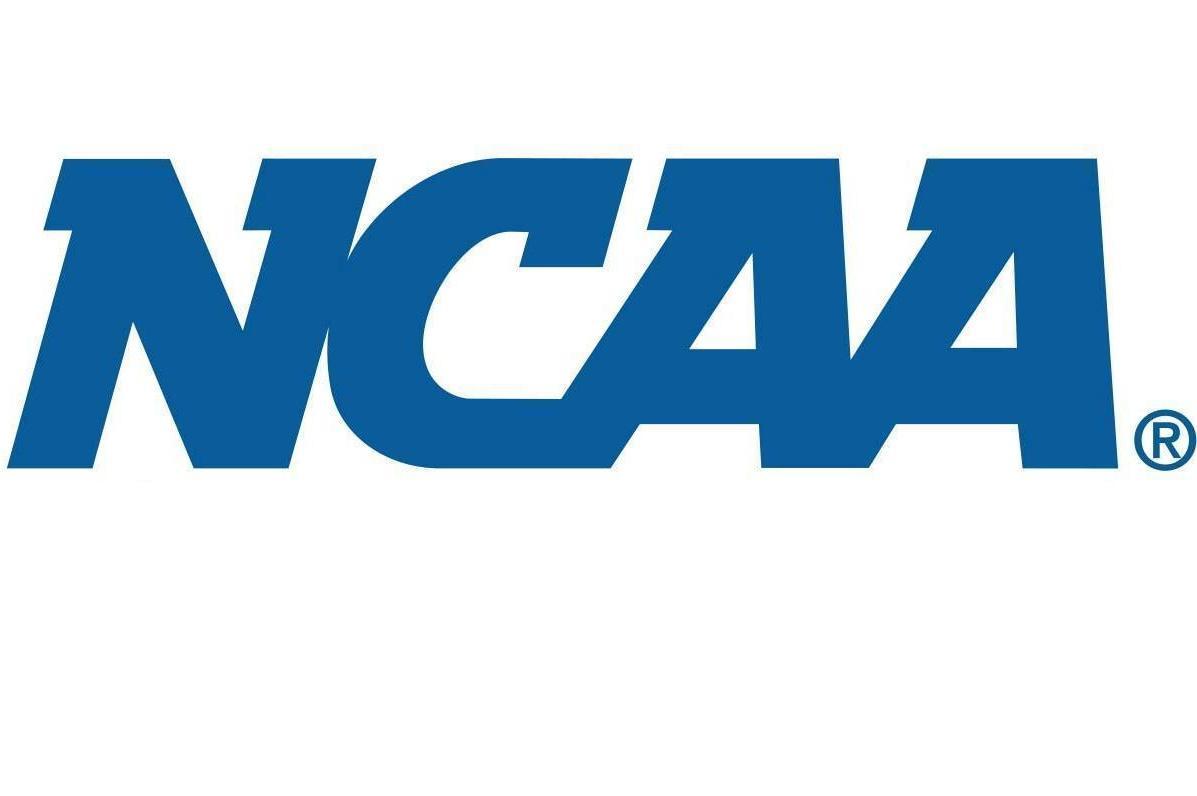Monday Morning Quarterback: Should the NCAA seek exemption from antitrust regulation?

We hear more and more about discussions within the NCAA leadership and member schools about seeking an antitrust exemption. An antitrust exemption would enable the NCAA to mandate how schools address the number of legal challenges facing college sports.
The legal challenges facing the NCAA are significant. The “Fair Pay to Play” player compensation in California and in various stages in more than 20 other states; the challenges against restrictions on player transfers; the moves for more regulations around sexual assault; concerns around how CTE and other long term injuries are addressed, how money is disbursed by the institutions – these and more like them are all areas of concern. As of right now, the NCAA has no official position on whether to pursue an antitrust exemption.
The last big ruling in this area was in 1984 when the Supreme Court found that the NCAA’s plan to regulate football on television violated the Sherman Antitrust Act. The NCAA’s justification for the plan was primarily to protect competitive balance and the economic interests of all of its members, but the Supreme Court decision ruled against this.
The pressure from litigation along with the possibility of congressional intervention is increasing. An antitrust exemption would allow the NCAA to mandate, as a condition of membership, how schools would be required to address these legal issues. The absence of an antitrust exemption would continue to leave it up the individual schools and states to regulate, with the only alternative being to require direct federal regulation of college sports.
What do you think, should the NCAA be exempted from antitrust laws and be able to mandate how schools address and respond to the challenges facing college sports today?